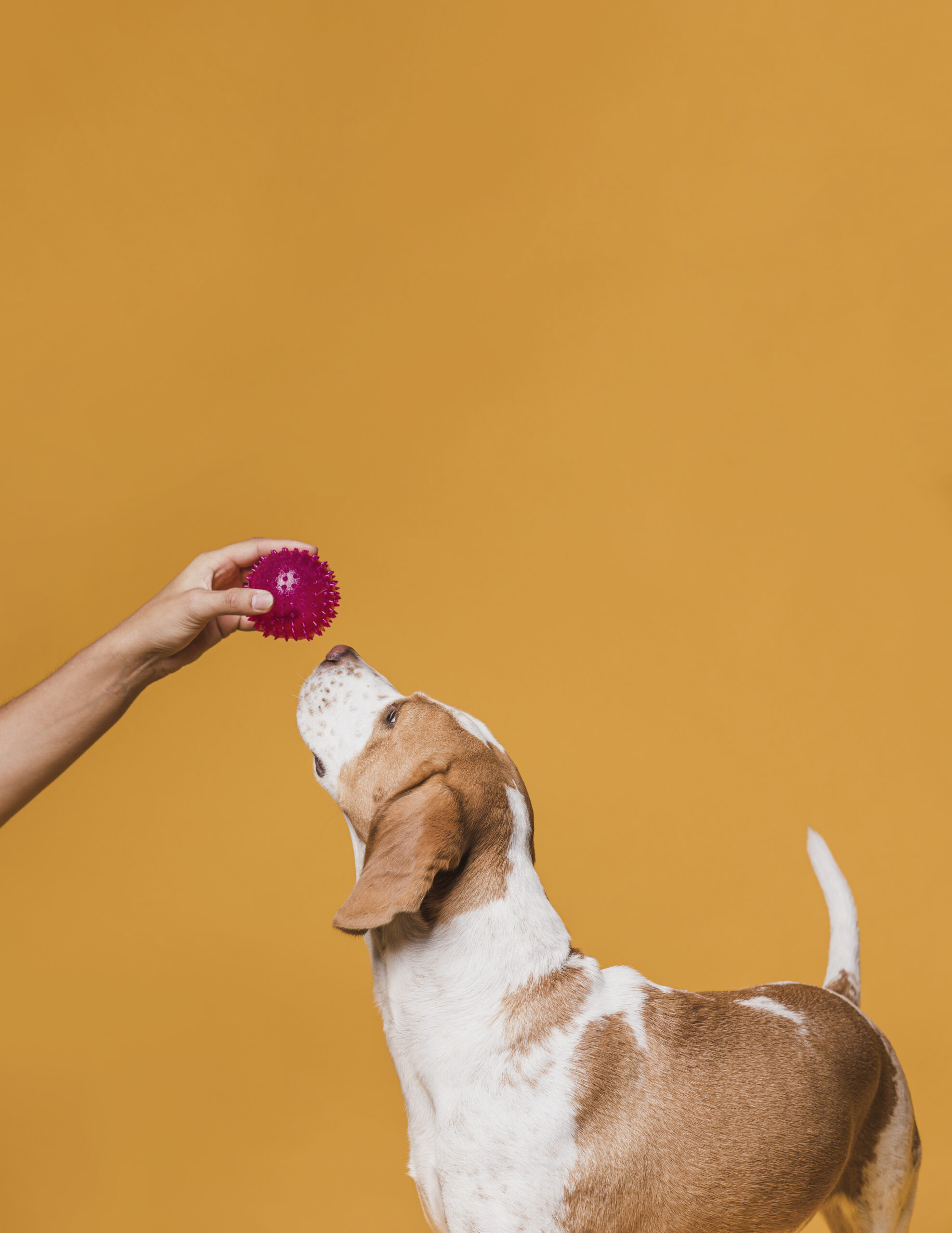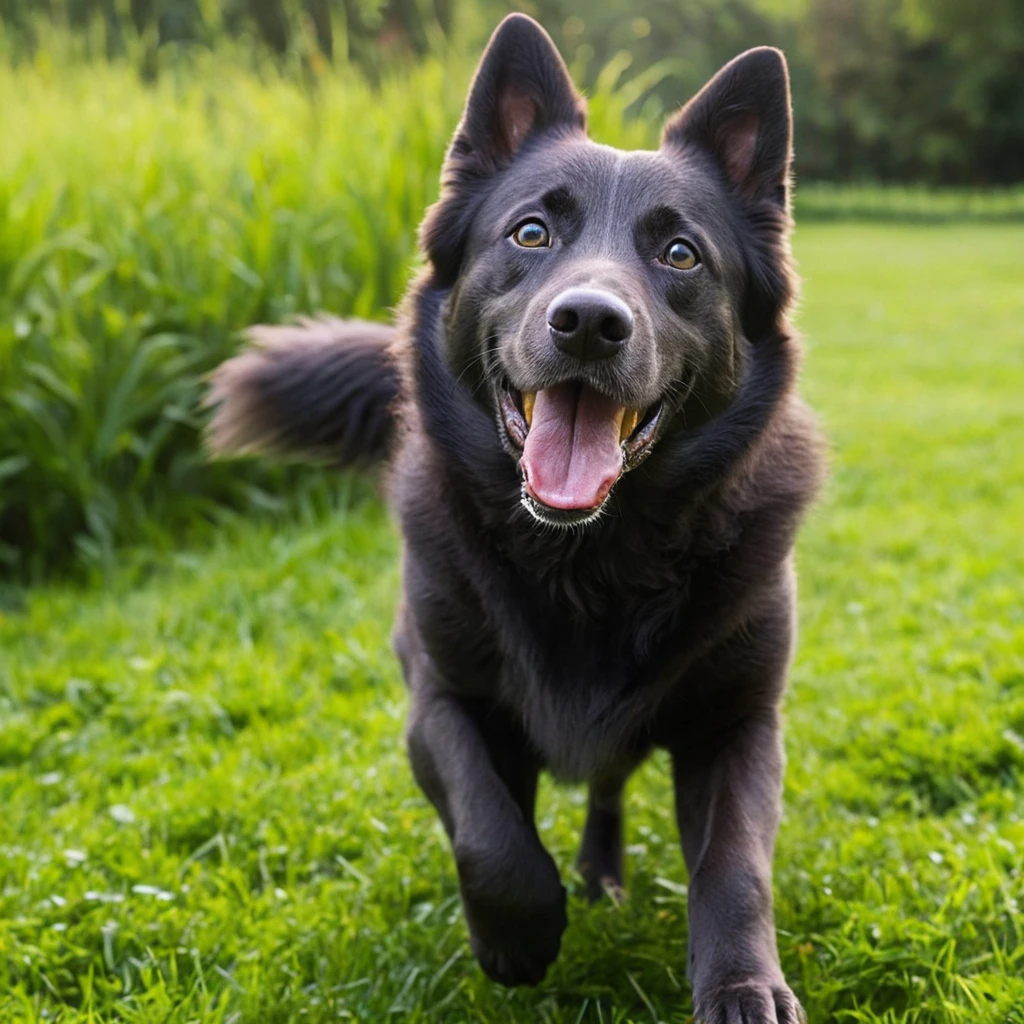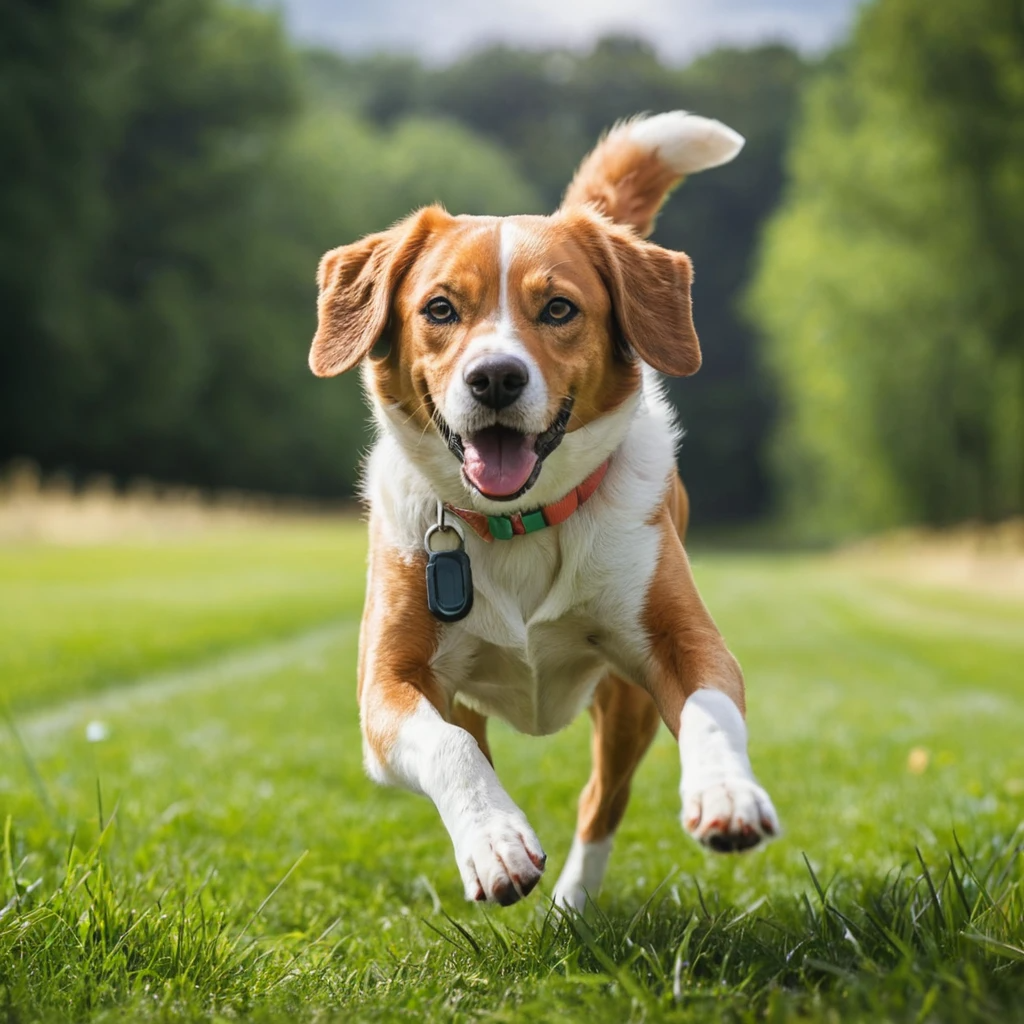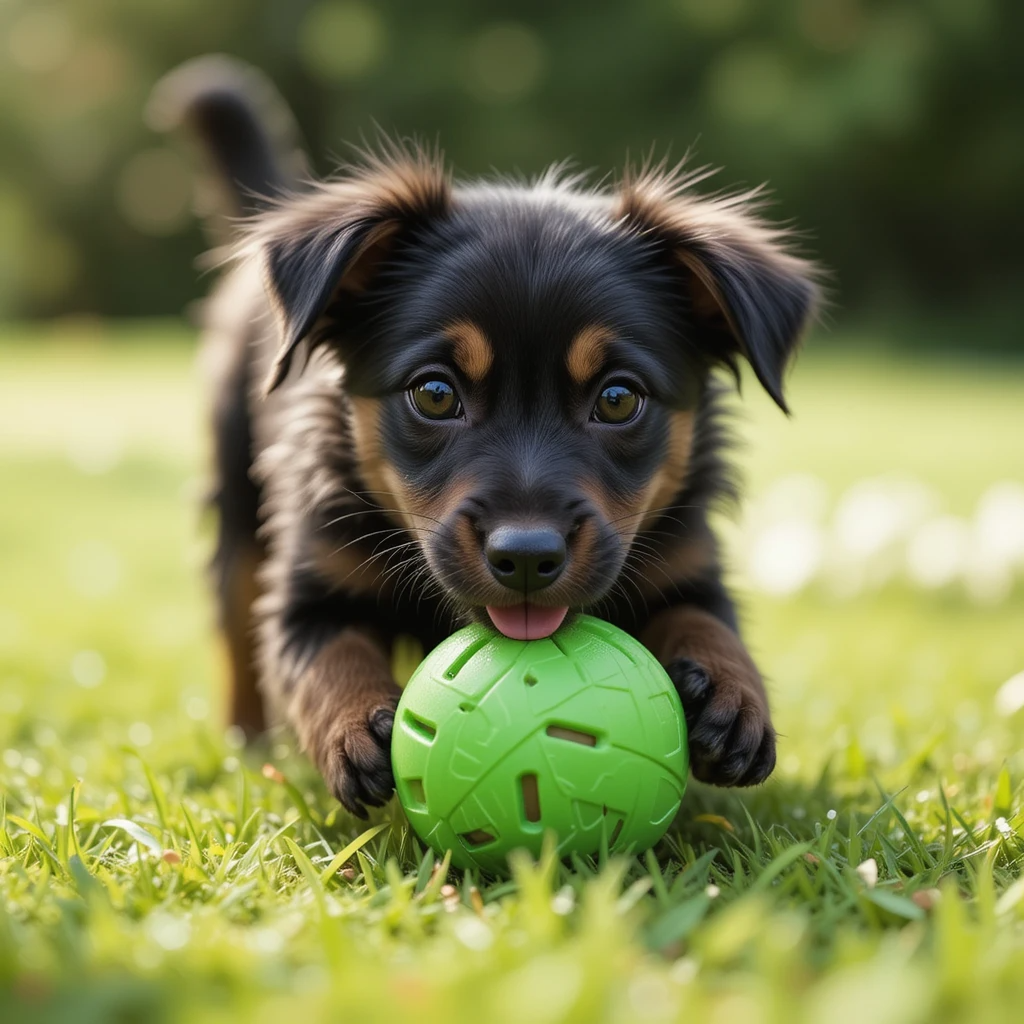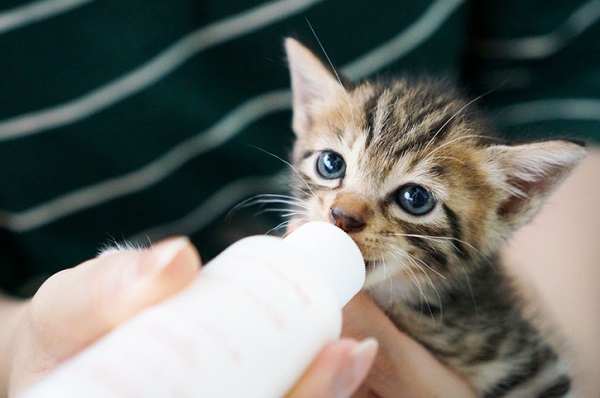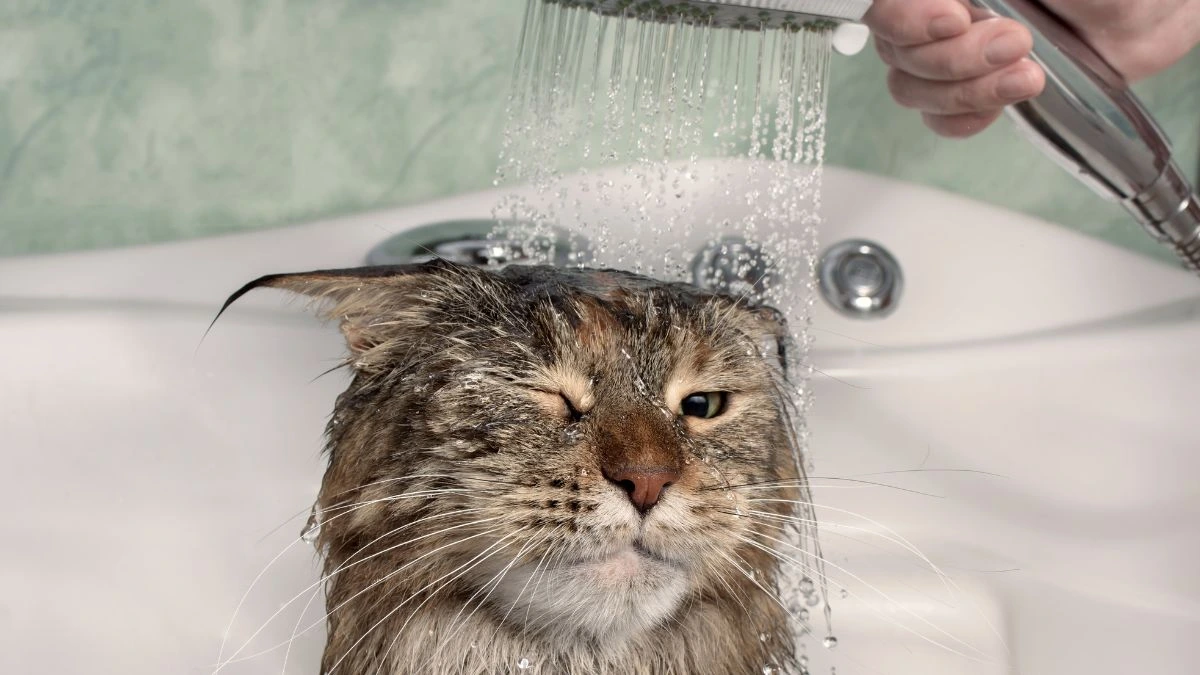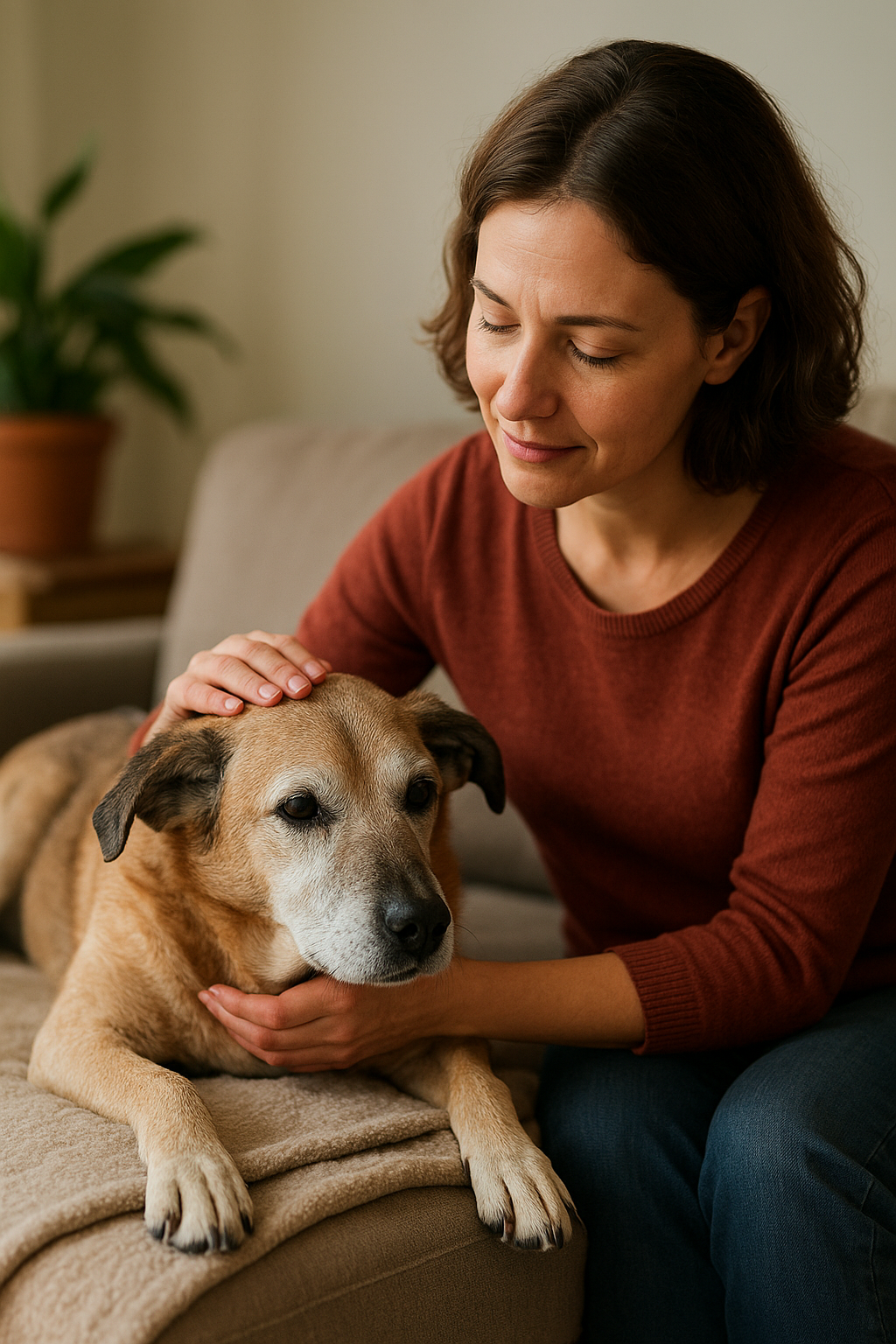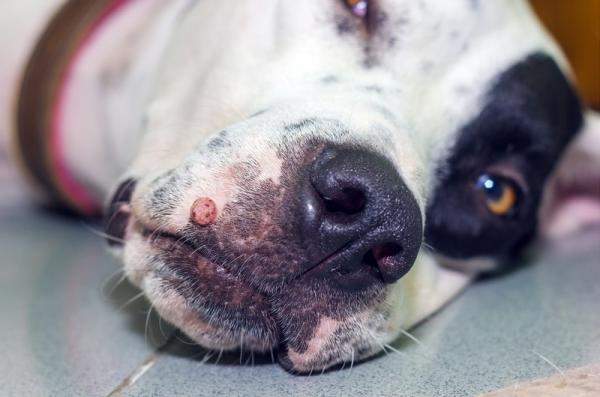Beagles are small, energetic, and famously friendly — but they’re also one of the most obesity-prone dog breeds. These cheerful hounds love food just as much as they love following scents, which can make weight management a real challenge.
Whether you’ve just adopted a Beagle or have had one for years, it’s important to understand how to manage their diet and activity to prevent obesity-related health risks. Let’s explore what makes Beagles gain weight, how to spot early signs, and what you can do to keep your pup lean, happy, and active. 🐶❤️
🍽️ Why Beagles Gain Weight So Easily
Beagles are natural hunters — bred to track and scavenge. Their strong noses lead them straight to food sources, and their love for eating is practically built into their DNA.
Factors behind their weight gain:
- Scavenging instincts: They’ll find every crumb
- Low self-regulation: They don’t know when to stop eating
- Small frame: Even small weight gain is significant
- Boredom eating: Beagles get anxious when not stimulated
- Begging experts: One look and you’re handing over snacks 🥺
Without structure, Beagles can gain weight rapidly, increasing risks of diabetes, arthritis, and heart disease.
📏 Ideal Weight Range for Beagles
Most adult Beagles should weigh between 20–30 pounds (9–13.5 kg), depending on gender and size. A weight above 35 pounds is usually a red flag unless advised by a vet.
Signs your Beagle may be overweight:
- No visible waist when viewed from above
- Hard to feel ribs through the fat
- Round, swollen belly
- Slower movement or disinterest in play
- Snoring or heavy breathing at rest 💤
Catch it early — because losing excess weight is much harder than preventing it.
🥣 Feeding Guidelines for Beagles
Controlling portion size and meal frequency is the #1 way to keep your Beagle healthy.
General feeding rules:
- Adult Beagles: ~400–600 calories/day
- Puppies: 3–4 smaller meals
- Adults: 2 meals per day
- Use a measuring cup, not your hand!
Choose dog food with:
- High protein (25%+)
- Low to moderate fat (10–15%)
- Added fiber to keep them full
- Grain-free if sensitive
Avoid “free feeding” or topping off the bowl anytime it’s empty — Beagles will always act like they’re starving! 🍗
🦴 Treating Without Overfeeding
Treats are great for training Beagles — they’re food-motivated and eager to learn. But overdoing it can pack on pounds fast.
Treat tips:
- Keep total treats to 10% of daily calories
- Use low-calorie options: carrots, green beans, apple slices
- Cut training treats into tiny pieces 🧩
- Use their kibble during training sessions
Rotate treats and always track what’s given to avoid sneaky excesses from multiple family members.
🏃 Exercise Is Essential for Beagles
Beagles have tons of energy — but they’ll use it mostly to sniff unless guided properly. Regular activity is key to balancing their love for food.
Daily activity goals:
- 1 hour minimum per day
- Morning and evening walks
- Off-leash play in fenced areas
- Agility games and fetch
- Scent-based games (hide treats, scent trails)
Bored Beagles often turn to food. So stimulate their minds and bodies with creative play and outdoor adventures. 🌳
🧠 Mental Enrichment to Prevent Boredom Eating
Because Beagles are so smart and scent-driven, boredom often leads to overeating. Keep their brains working and their noses busy!
Enrichment ideas:
- Snuffle mats or scent trails
- Puzzle toys that dispense kibble
- Rotating new toys weekly
- Trick training (sit, stay, speak, spin)
- Hide-and-seek with treats
A busy Beagle is less likely to beg or snack out of stress.
👨👩👧👦 Get the Whole Family Involved
Beagles are pack animals, and your home is their pack. If even one person gives in to begging, the dog will remember and try again every day.
House rules:
- No feeding from the table 🚫
- Log treats on a shared board or app
- Assign feeding to one person
- Agree on a daily treat limit
- Plan walks or play as a family routine
Beagles are smart — they will exploit loopholes unless everyone stays consistent!
🩺 Vet Monitoring and Metabolic Checkups
Sometimes, weight gain may be linked to hypothyroidism or other underlying issues. If your Beagle seems lethargic, bloated, or gains weight rapidly, get a vet check-up.
Ask your vet to:
- Run blood work to check thyroid function
- Evaluate current food and calorie needs
- Monitor for early signs of diabetes or joint strain
Early action can prevent complications later.
🐾 Final Thoughts: Keep Your Beagle Lean, Loud, and Loving
Beagles are one of the most lovable breeds out there — and they deserve a life full of adventure and health. But without proper structure and care, they can easily tip into dangerous weight zones.
A healthy Beagle means:
- More playtime 🐕
- Longer walks 🌅
- Fewer vet visits 💸
- A happier, more active life 🧡
The best way to love your Beagle is by saying no to overfeeding and yes to structure, enrichment, and joyful daily movement.
Your Beagle will thank you — with a wag, a howl, and maybe some joyful zoomies. 🐾💨

